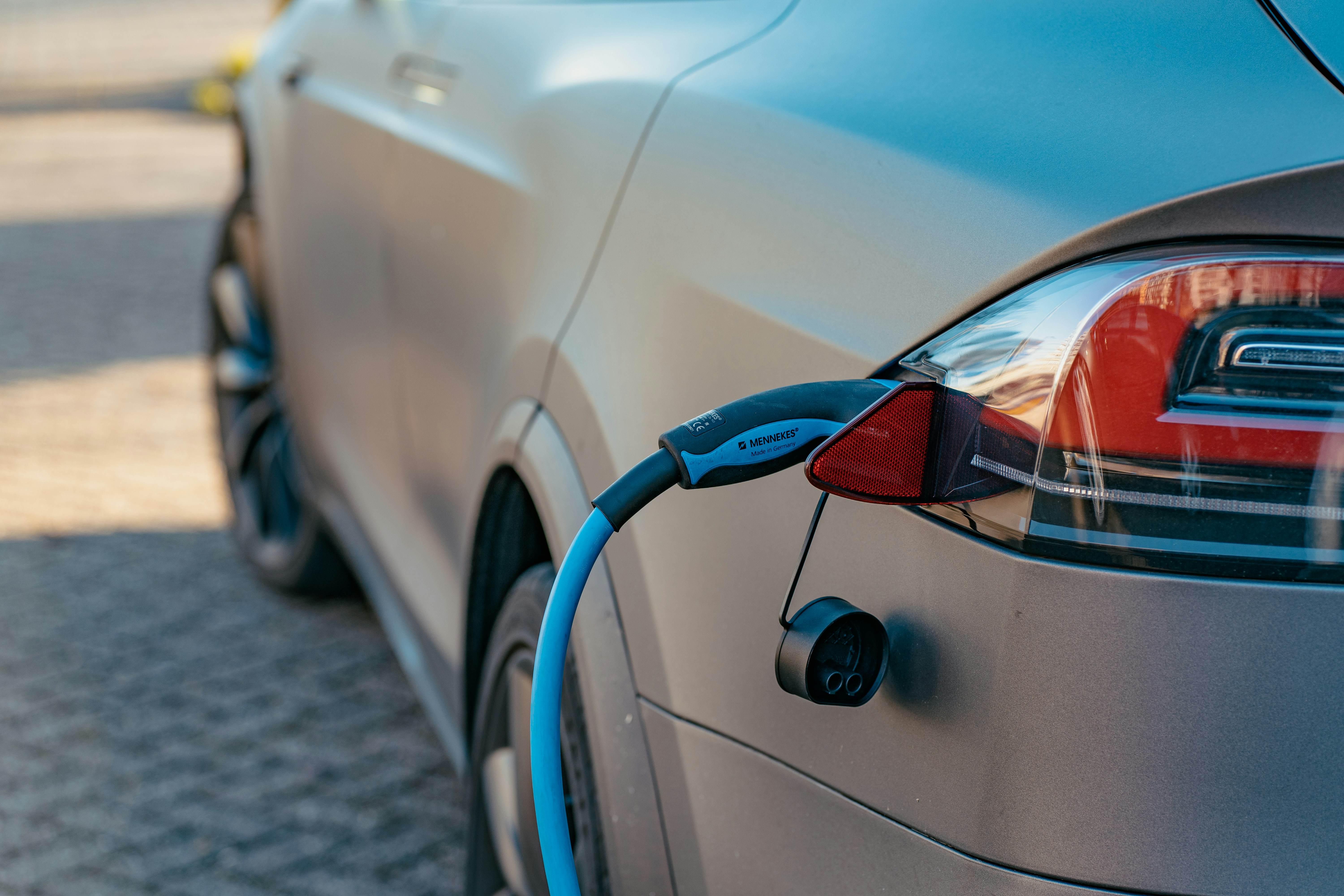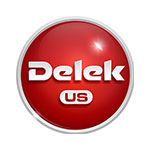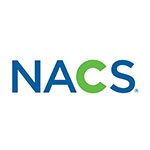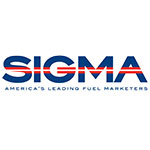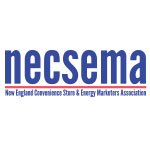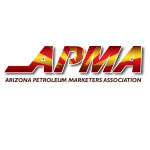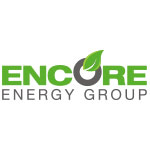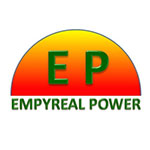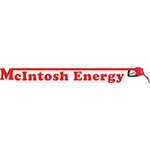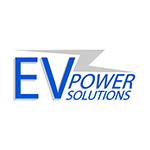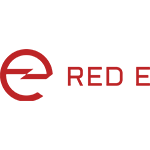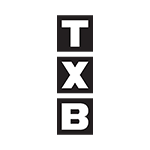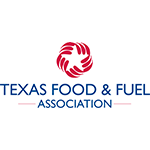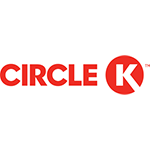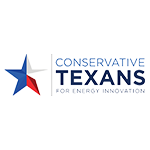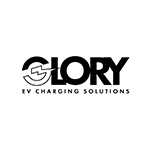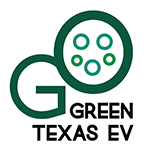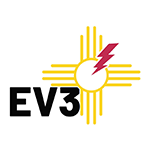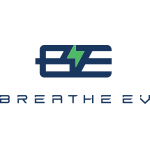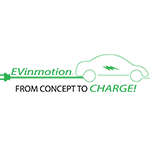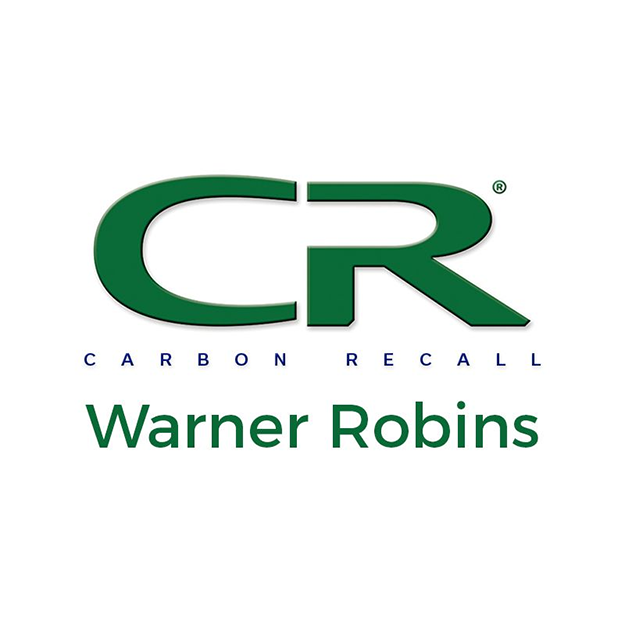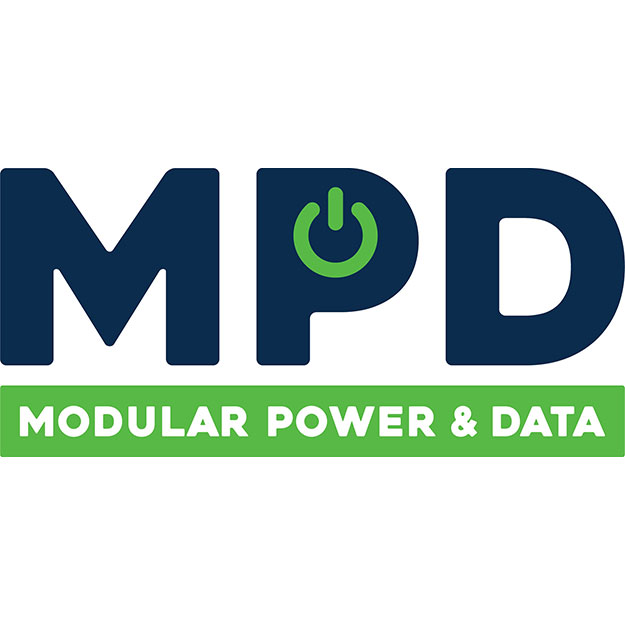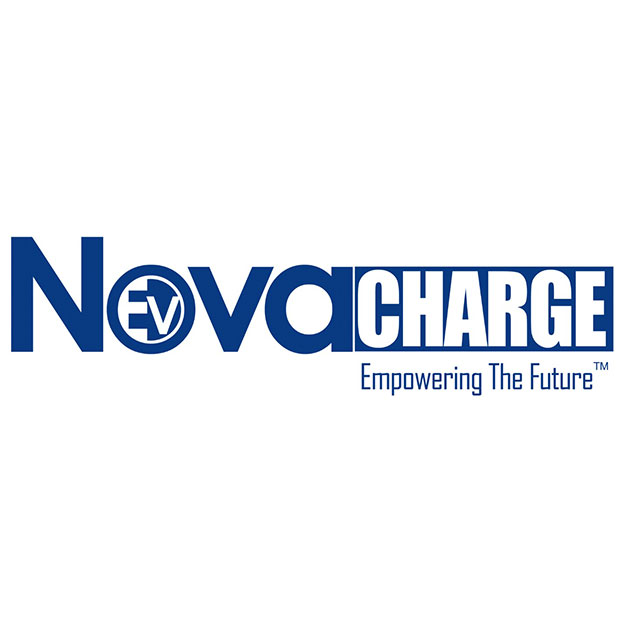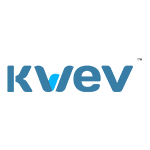Where we Stand On The Issue
To meet the increasing demand for chargers – and encourage further growth in the EV market – the charging station network needs to expand quickly. Unfortunately, the current EV charging system was established based on policies largely dictated by the power companies and does not benefit consumers nor incentivize the growth of the EV charging network. In fact, most people are unaware that power companies are installing EV chargers and pushing the cost of installation and energy use onto their customers by charging more to their monthly electric bills. Regardless of whether the customers are EV drivers or not, electricity users at home and at work are shouldering the extra cost. Not only is this practice unfair to customers, it’s preventing others from entering the EV charging market to give drivers more charging options.
The best way to expand the national EV charging network is to put consumers in charge, not the electric utility companies. The power companies are not positioned to expand the charging network from either a service or competition standpoint. Private businesses across the country are eager to sell electricity to EV drivers and the footprint is already in place with the present refueling network. And many businesses are eager to expand that footprint even more, if given the chance.
We need to work together to develop a plan that is fair to customers and incentivizes the growth of the charging network, not one that grants a monopoly to power companies. The focus for utility companies should be on preparing the grid for the 21st Century and delivering power to charging station operators. Then let third-party partners deliver that power to customers. It’s a proven model that works and will result in tremendous growth of the EV charging network.
Charge Ahead Partnership believes we can develop a robust EV charging network across America based on the following four tenets:
Learn More About Efficient Expansion
With thousands of established fueling locations spanning the nation, existing fuel retailers can replicate today’s fueling experience for EV drivers while ensuring that those drivers will not suffer from “range anxiety.” The most efficient, cost-effective path to attaining this goal is for power companies and fuel retailers to work in partnership, with each focused on their core competencies. Power companies are best suited to perform the electric generation development and power grid restructuring work through their regulated monopoly framework. Fuel retailers are best equipped to own and operate electric vehicle charging stations, utilizing their nationwide network of convenient locations to provide transportation energy, including electricity, to America’s drivers.
Learn More About Ensuring Customer Fairness and Equity
Allowing power companies to charge all of their customers more money in their monthly electric bills, regardless of whether they drive an EV, operates as a regressive tax on those who do not drive an EV – particularly those living in lower-income communities. There are more equitable, effective ways of growing the EV charging network. Regulated electric utilities should not be placing the burden of providing fuel to EV drivers on the backs of hard-working low- and middle-income individuals, many of whom do not own a vehicle much less an EV, particularly when the private sector is willing to foot the bill. We must ensure that all communities – regardless of location or socioeconomic status – are included in the development of an EV charging network, just as there are refueling stations in every community regardless of geography or income.
Learn More About Competitive, Level Playing Field
Private businesses are eager to sell electricity to EV drivers. However, without changes to policy, businesses cannot compete with regulated power companies who have been given a monopoly on the sale of electricity. To create a nationwide charging system, all players must be on equal footing which will ultimately allow competition to drive down prices and increase the quality of services provided to customers. The first step is ensuring that laws and regulations do not regulate charging stations as power companies. Second, public policy should incentivize and leverage private investment in bringing to market more charging stations. Third, electric utilities should not be able to bill their competitors that sell electricity to EV drivers more than they charge themselves – including through costly “demand charges.” There must be a viable pathway to profitability and the ability to compete on price for any fuel alternative to gain meaningful market share. With the right legal and regulatory framework, the private market can create the infrastructure to serve the millions of EV drivers across the country.
Learn More About Transparent, Uniform Pricing
The retail fuels market is the most transparent and competitive commodities market in the United States. Consumers can easily see fuel prices and decide where to refuel based on the posted price without having to leave their vehicles. This leads to lower prices for customers. EV drivers should have access to the same competitive, stable and convenient prices that drivers of gas-powered vehicles have enjoyed for decades. The rate charged must be consistent and predictable throughout the country in order for EV charging stations to deliver rates that are competitive with conventional fuels.

